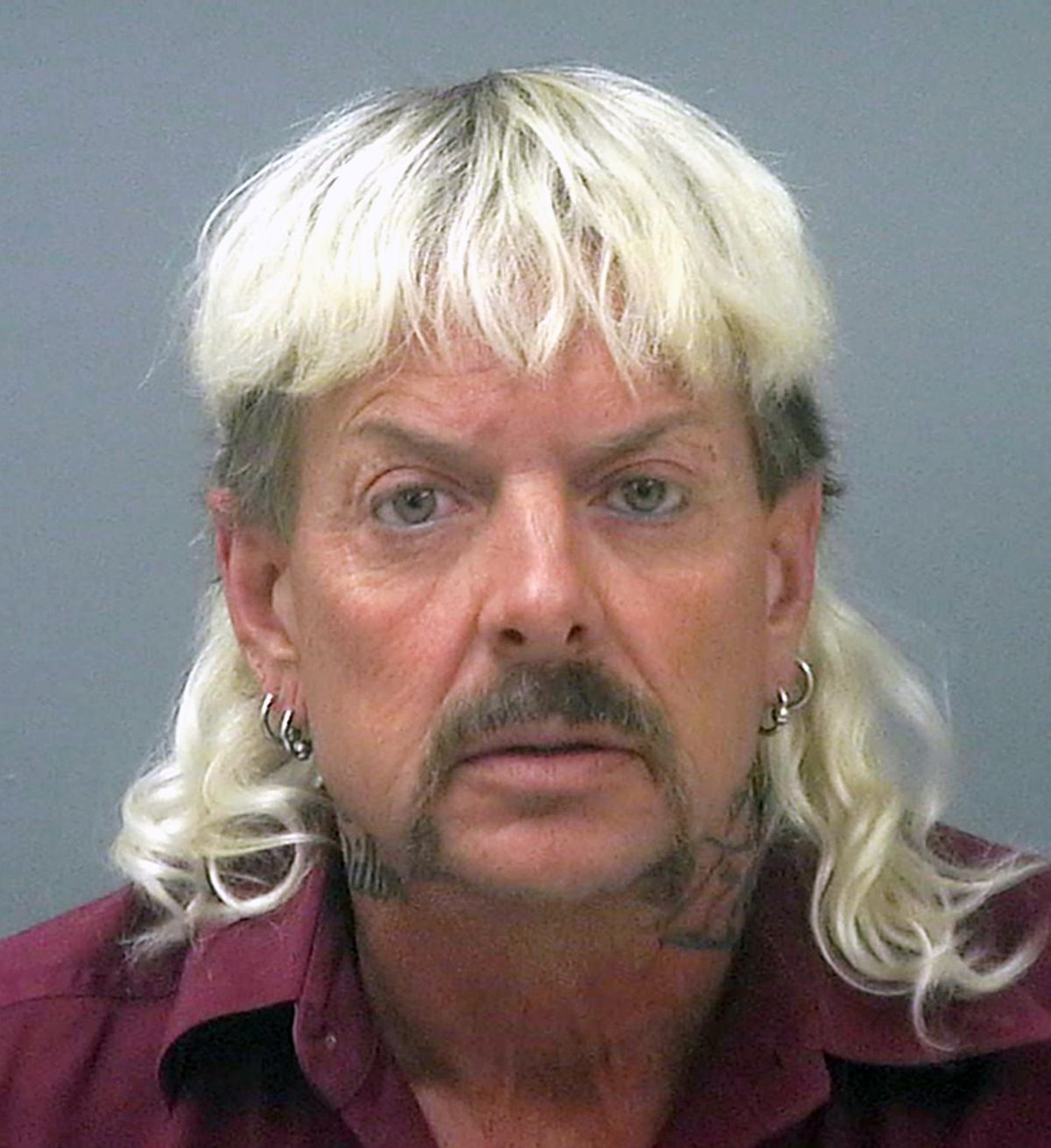Tales about people, not so much tigers: In the words of SNL’s Stefan, Netflix’s ‘Tiger King’ has ‘everything’

Since the release of Netflix’s “Tiger King” documentary on March 20, social media of all sorts have been buzzing with endless memes and theories surrounding the feud between the country’s wildest big cat enthusiasts. Now there is rumored to be an additional episode set for release in the next couple of weeks, perhaps even this weekend. But what about this series has managed to grab everyone’s attention?
In the voice of Stefan from “SNL,” this show’s got everything: rednecks, convicts, meth-fueled throuples, tiger zoo cults, an ill-advised and thoroughly unsuccessful presidential campaign, trucks full of expired meat from Walmart, Carole Baskin’s missing husband, and the list goes on. But no Dan Cortese.
It bears repeating that “Tiger King: Murder, Mayhem and Madness” is a seven-episode documentary about real people, living in the U.S. and doing what they do in front of their gods and the internet. The curious characters around which the show primarily revolves are as follows:
Joe “Exotic” Maldonado-Passage née Shreibvogel was the owner and operator of the Greater Wynnewood Exotic Animal Park (G.W. Zoo) in Garvin County, Oklahoma, for nearly two decades, but for reasons that will spoil the show if revealed at this point, he is currently serving a 22-year prison sentence. Exotic ran for president in 2016 as a Libertarian. When that ended unsuccessfully, he ran for governor of Oklahoma, also unsuccessfully.
He is a living answer to the question: “What would Roland from ‘Schitt’s Creek’ look and sound like if he bred tigers, illegally sold them and made a habit of luring confessedly heterosexual men into marriage with a steady supply of tiger cubs and methamphetamines?” At one point, he claims to have been the largest breeder of exotic cats in the U.S.
Then there’s Baskin, the social media-savvy archnemesis of big cat breeders and owners everywhere. An eccentric lover of cats of all kinds, Baskin is the founder and CEO of Big Cat Rescue in Tampa, Florida. “But wait,” you say. “Doesn’t she own big cats, too?” Yes, but she no longer breeds them. For this reason, Baskin claims her park is set apart from the rest.
“We are fixing the problem, they are creating the problem,” she says in the first episode, explaining that owners like Exotic are essentially breeding these tigers for life in captivity. “The reason that we have cats in cages (at Big Cat Rescue) is to provide them with a safe place to live until they die.”
In a majority of the shots we see of Baskin, she is riding a bike through Big Cat Rescue wearing a flower crown. “Hi there, all you cool cats and kittens,” Baskin says to her millions of Facebook followers in a daily video update. All of the labor at Baskin’s sanctuary is done by volunteers willing to work without pay.
Sometime in the 2000s, Baskin began an aggressive online campaign to prevent Exotic from parading big cats and tiger cubs through malls all over the U.S.; she overwhelmingly succeeded. On the other hand, Exotic repeatedly accuses Baskin of murdering her missing husband, now declared legally dead. The ensuing feud between the two builds throughout the rest of the documentary.
Despite all of their alleged sins and idiosyncrasies, Exotic is oddly charismatic, and Baskin maintains the support of PETA.
“People like Joe have an amazing grip over people, generating affection and emotion that is totally irrational,” Howard Baskin, Carole’s current husband, says in the second episode.
In the same episode, one of Exotic’s employees, Kelci “Saff” Saffery, literally has an arm ripped off by a tiger. Still loyal to Exotic and the park, Saffery chooses to have the arm amputated rather than risk spending more time away and returns to work five days after the surgery.
At a certain point, it starts to seem like the sanest of the show’s many tiger keepers is Mario Tabraue, despite the fact that he was a drug kingpin, the rumored inspiration for “Scarface,” and that he served 12 years in prison for covering up the murder of an ATF informant, among other things. Then, of course, you find out that Tabraue and his wife raise small primates – a lot of them – in their house and dress them in children’s clothing.
Over the course of the series, there are a number of close calls where we witness tigers inches away from killing or seriously injuring one of the owners or trainers who raised them. But buyers everywhere remain undeterred.
Bhagavan “Doc” Antle, another sanctuary owner, has a theory as to why. “Nothing is cooler, sexier and more significant to the world we live in today than a tiger,” Antle says in the second episode. “Everyone loves them. Anyone who says they don’t is just insecure and broken.”
Exotic says it’s because the cats don’t judge you “if you’re truly good at heart.” Baskin says she thinks it has much more to do with the status messaging that owning or working around big cats seems to convey.
Either way, the number of tigers in captivity in the U.S. still far exceeds those living in the wild throughout the world.
This article names four of the documentary’s subjects, but the full cast of characters nearly defies description. In the words of longtime G.W. Zoo manager John Reinke, “Animal people are nuts, man.”